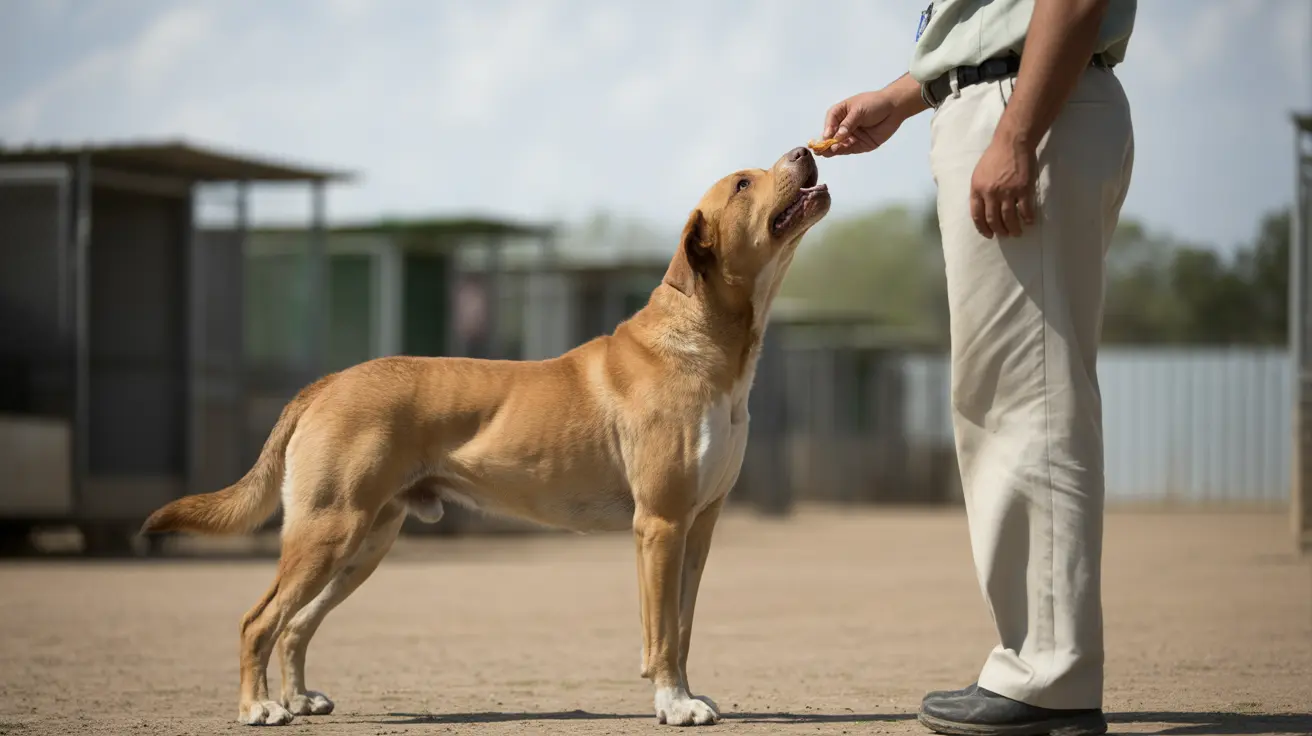Can Dogs Eat Imitation Crab? What Every Pet Owner Needs to Know
Understanding Imitation Crab and Its Ingredients
Imitation crab, also known as surimi, isn't real crab meat. It's a processed food made from white fish (often pollock), mixed with starches, sugar, salt, artificial colors, flavorings, and an array of additives and preservatives. While it may look and taste similar to real crab for humans, its composition makes it a questionable choice for your dog.
- High sodium content
- Unhealthy additives (such as sodium pyrophosphate, carmine coloring)
- Food enhancers like disodium inosinate and guanylate
- Artificial flavors and colors
These ingredients can be problematic for dogs, especially if consumed regularly or in large amounts.
Risks of Feeding Imitation Crab to Dogs
While a tiny accidental bite isn't likely to harm your dog immediately, imitation crab poses several health risks when offered as more than a rare treat.
- Sodium overload: Dogs are sensitive to salt, and too much can lead to dehydration or even sodium poisoning.
- Additives and preservatives: Chemicals like sodium pyrophosphate or potassium chloride may cause gastrointestinal distress or allergic reactions.
- Artificial colors/flavors: Substances such as carmine can trigger allergies or digestive upset in sensitive dogs.
- Sugar and starches: These ingredients offer no nutritional benefit to dogs and may contribute to weight gain or metabolic issues if fed often.
- Poor protein quality: Surimi lacks the full nutritional profile of real seafood.
If your dog has food sensitivities or underlying health conditions (like kidney disease), these risks become even more significant. Some imitation crab products may even contain xylitol—a sweetener that's highly toxic to dogs—though it's less common in surimi than other processed foods. Always check labels if your dog accidentally ingests something unfamiliar.
Symptoms of Imitation Crab Overconsumption or Allergy
If your dog eats imitation crab—especially in large quantities—watch for these signs:
- Vomiting or diarrhea
- Lethargy or weakness
- Swelling (face, paws)
- Itching or hives
- Tremors (in severe cases)
If any symptoms are severe or persistent, contact your veterinarian promptly. Allergic reactions can escalate quickly in some dogs.
The Safer Alternatives: Real Crab Meat and Other Seafood Treats
If you want to give your dog a seafood treat, plain cooked real crab is much safer—but only in moderation. Real crab provides lean protein, amino acids, vitamin B12, zinc, and fatty acids. However, commercial dog foods already contain these nutrients in balanced amounts.
- No shells: Always remove all shell pieces—they're sharp and indigestible.
- No seasoning: Serve only plain cooked crab; avoid butter, salt, garlic, onions, or spices.
- No raw seafood: Raw crab can carry parasites and bacteria; always cook thoroughly before offering any seafood treat.
Portion guidelines for plain cooked crab:
- Extra-small dogs (2–20 lb): up to 1 tablespoon once/twice weekly
- Small dogs (21–30 lb): up to 2–3 tablespoons once/twice weekly
- Medium dogs (31–50 lb): up to 1/4 cup once/twice weekly
- Large dogs (51–90 lb): up to 1/2 cup once/twice weekly
- Extra-large dogs (91+ lb): up to 10 tablespoons once/twice weekly
Treat all human foods—including seafood—as occasional supplements rather than dietary staples. Other safe options include plain cooked salmon, shrimp (shelled), or white fish—always unseasoned and deboned.
The Dangers of Processed Seafood Products for Dogs
Avoid giving your dog any processed seafood products such as imitation crab sticks, surimi snacks, fish cakes, or breaded items. These foods often contain additional harmful ingredients like onions, garlic powder, spices, breadcrumbs with added salt/sugar/fats—all unsuitable for canine consumption. Even small amounts over time can contribute to health issues ranging from digestive upset to chronic diseases related to high sodium intake.
If Your Dog Accidentally Eats Imitation Crab...
If your pet sneaks a piece of imitation crab off the counter or floor:
- Mild ingestion: Monitor closely for vomiting, diarrhea, itching/swelling over the next several hours.
- Larger amount/symptoms: Contact your veterinarian right away if you notice persistent symptoms such as repeated vomiting/diarrhea or signs of an allergic reaction.
If you suspect the product contained xylitol (check the label), seek veterinary care immediately—even if your pet seems fine at first.
The Bottom Line: Keep Imitation Crab Off Your Dog's Menu
Your best bet is sticking with balanced commercial dog food as the mainstay of your dog's diet. Use treats like plain cooked seafood sparingly—and skip imitation products entirely. If you want to introduce new foods into your dog's routine (including real seafood), consult your veterinarian first—especially if your pet has allergies or chronic health conditions. Remember: what seems harmless on your plate might be risky for your four-legged friend!





